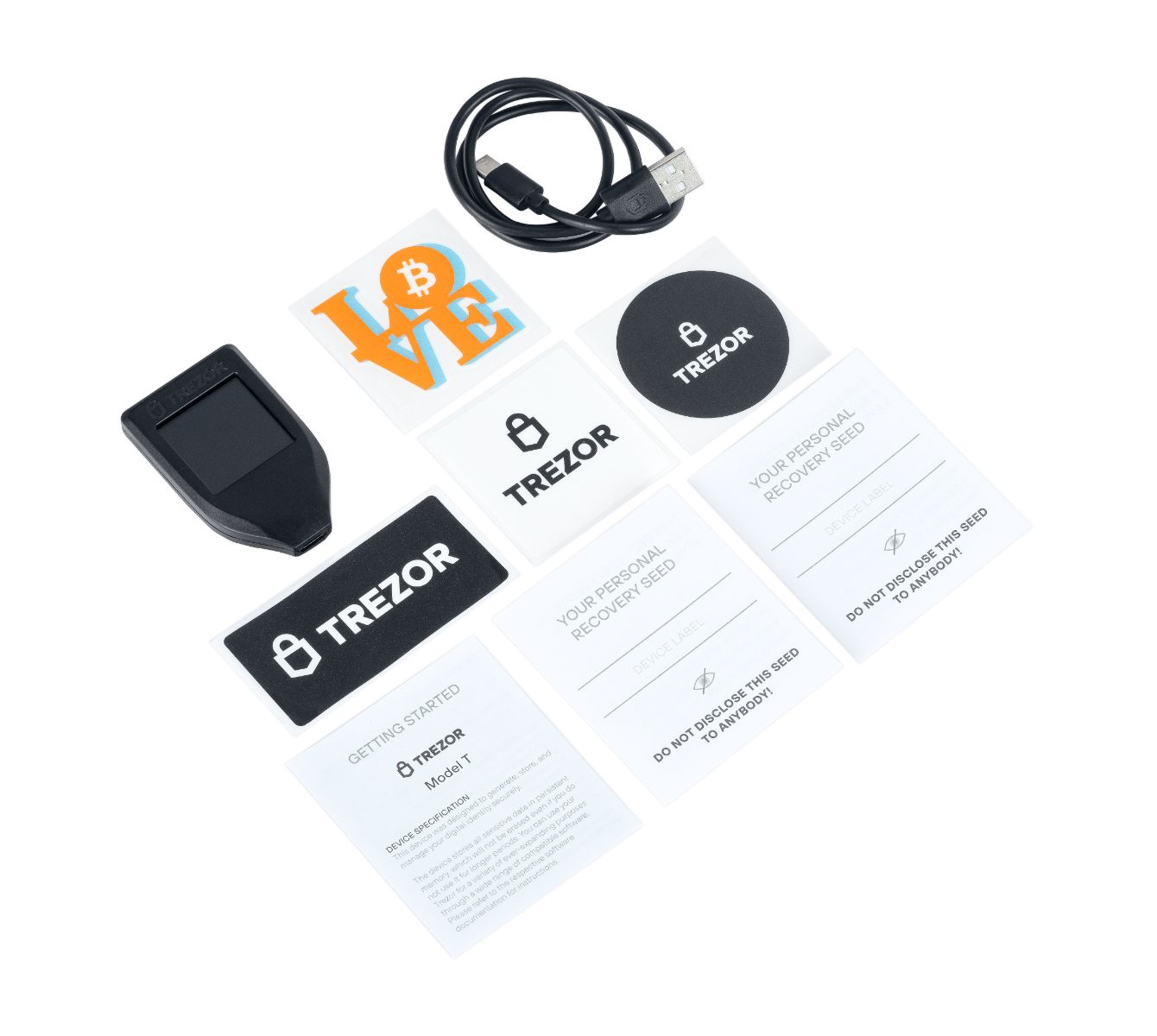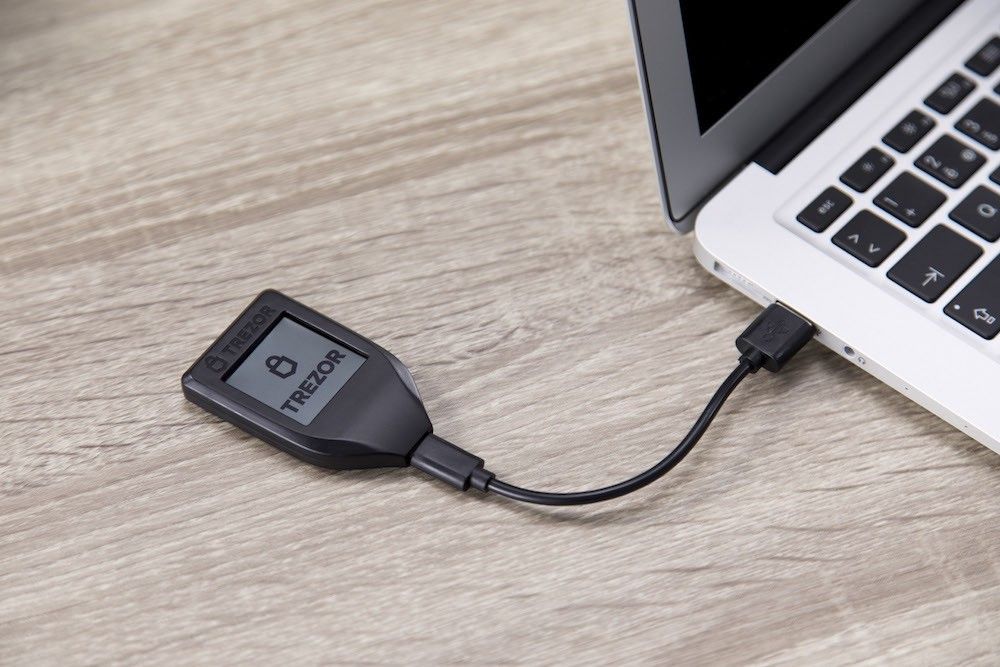How to Protect your Funds from the Hacks on Crypto Exchanges

The crypto world slowly but steadily paves its way into the mainstream.
Banks cooperate with Bitcoin exchanges, governments are moving to regulate the market. The number of people who want to get involved grows, and the main entry gate for the crowd is crypto exchanges.
These trading platforms allow anybody to buy and sell coins, for either other cryptos or fiat money. Needless to say how important is their security.
Sadly, not everything is fine with how exchanges protect their funds. Hackers regularly access storages and steal money and sensitive information.
What are the main strategies and tools fraudsters use and how you can protect your funds kept at exchanges?
Let’s find out.
Reasons for Hacks
With the outstanding hype around the cryptocurrencies, blockchain, and exchanges, more and more people get enticed by the idea of easy money. A lot of users who are newcomers without any IT background are unaware of basic protection tools and often fall victims to fraudsters and hackers.
As an assistant professor at Villanova University stated for The Washington Post, ‘cryptocurrencies have risen dramatically in popularity and value’. With such a rapid increase, exchanges aren’t fully prepared for potential attacks.
What can you do to stay safe?
If you’re new to crypto, then, first of all, you need to find a reliable exchange to buy from and set up a secure private wallet to store coins.
A reputable exchange will have rather strict verification rules (like CEX.io) and support a great number of currencies (like Kraken). A reliable wallet will use the HD method to generate a new address for every time you access it (for example, Trezor or Electrum).
Also, be sure to create a new strong password for your accounts and set up a two-factor authentication.
Always do your own research, read through some guides and tutorials, and keep yourself up-to-date. Any crypto-related activity requires some initial knowledge and constant skills improvement.
Top Safety Measures
Despite the innovative nature of blockchain which is more protected by definition, hackers can manipulate the code and use the smallest weaknesses.
Take the large incident with DAO as an example. Fraudsters that have revealed the weak spot in the smart contracts code have stolen nearly $50 million worth of ETH.
Situations like this show that there could be no absolute invulnerability and every user at exchanges should follow the news and verify the level of security in every step.
Let’s explore the most common security issues that might happen at crypto exchanges and learn how to protect your funds.
Reliable Wallets
To withdraw money, hackers must get an access to storages.
Crypto may be kept on hot or cold wallets, and most exchanges combine both types. Hot wallets may be web-based or software, and in any case, they are connected to the Internet and therefore are much less secure.
Considering that it is much easier to hack online storage, it is highly recommended to keep only small amounts for active trading there and transfer the rest to offline devices: hardware wallets or paper ones.
Hardware storages are the best to choose, as they are both safe and flexible, but they are rather costly in comparison with others.
Paper wallets are also reliable in terms of security, but they are suitable for one-time use only.
Apart from cold wallets, there is a completely different approach to protection which is using decentralized exchanges that don’t store funds at all.
While the majority of known exchanges remain centralized and offer in-build wallets, DEXs work like peer-to-peer networks where traders just match their orders and then make deals directly with each other.
Phishing Awareness
Fraudsters can use traditional phishing schemes. Despite the long history and many spectacular examples, phishing still works even with educated users.
Scammers may send fake links to users under the semblance of real exchanges. They may register a fake domain which would look practically the same as the original website.
Phishing schemes can be applied not only to exchanges but also to wallets and other related services.
How to stay protected? As a general rule for any activity on the Internet, never open suspicious links. It is also important to always check the sender’s information, as well as the certificates at the websites.
For exchanges themselves, it is important to educate both employees and customers on the subject of phishing dangers.
Switching to DEXs?
It may sound strange, but leaks and hacker attacks may be useful sometimes. They show that crypto and blockchain-based projects are in demand and reveal the pitfalls of centralization.
Finding a reputable exchange and registering a reliable wallet are two essential steps for entering the world of crypto. Don’t ever stop educating yourself on the subject, join discussions on forums, and don’t make rash decisions.
Probably, the future of crypto belongs to decentralized platforms which are way more secure, as they don’t have any storages. But they suffer from a low volume at the moment. While ordinary exchanges remain more convenient to the majority of users, it is essential to take into consideration all possible risks related to them.






